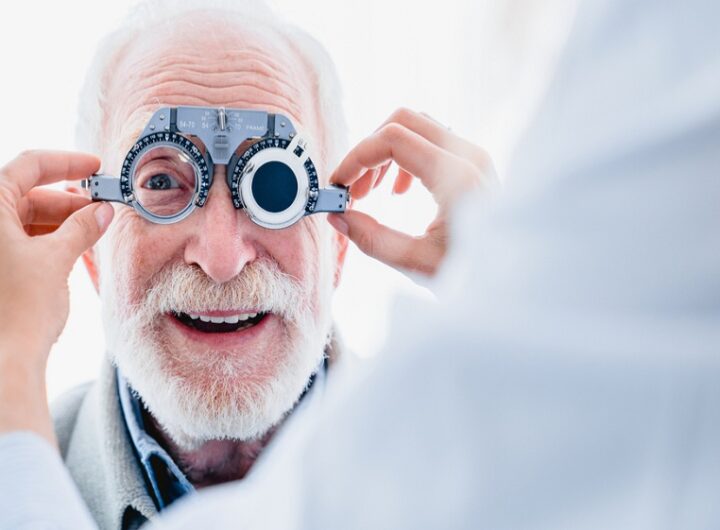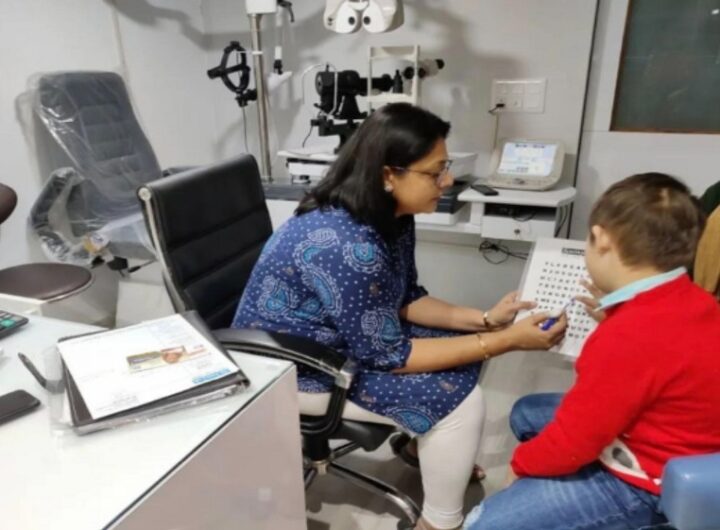
Welcome to the front lines in the battle against bone cancer, a space where orthopedic surgeons like Dr. Kristopher L. Downing plays a crucial role. They are the warriors, the ones who wield scalpels instead of swords. They fight not against enemy soldiers, but against a silent, often unseen enemy that invades our bodies – bone cancer. Their arsenal includes knowledge, precision, and years of training. Their victories are measured in lives saved, pain reduced, and mobility restored. We are here to talk about their role, their tactics, and their ongoing efforts to turn the tide of this battle.
The Role of Orthopedic Surgeons in the Fight
Orthopedic surgeons are on the front lines in the fight against bone cancer. They perform surgeries to remove tumors, replace damaged bones, and even reconstruct entire limbs. But their role does not end there. They also work to rehabilitate patients, helping them regain strength and mobility after surgery.
The Tactics: Surgery and Beyond
Surgery is the primary tool in the hands of orthopedic surgeons. But it is not the only one. They also play a key role in the multidisciplinary team that manages each patient’s care. This team may include medical oncologists, radiation oncologists, pathologists, and other specialists. Together, they develop a comprehensive treatment plan for each patient, which may include chemotherapy, radiation therapy, targeted therapy, or a combination of these.
The Ongoing Efforts: Research and Development
Orthopedic surgeons also contribute to the fight against bone cancer through research and development. They are involved in clinical trials that seek to improve treatments and outcomes for patients. They strive to develop better surgical techniques, more effective therapies, and improved rehabilitation methods.
Comparison of Bone Cancer Treatments
| TREATMENT | BENEFITS | DRAWBACKS |
| Surgery | Can often remove the entire tumor | Risks and complications of surgery |
| Chemotherapy | Can kill cancer cells throughout the body | Side effects such as fatigue and nausea |
| Radiation therapy | Can kill cancer cells in a specific area | Side effects such as skin changes and fatigue |
| Targeted therapy | Can target specific characteristics of cancer cells | May not be effective against all types of bone cancer |
To learn more about the fight against bone cancer, visit the National Cancer Institute’s bone cancer page.

 Tennessee Men’s Clinic Discusses the Correlation of Healthy Relationships to Men’s Health
Tennessee Men’s Clinic Discusses the Correlation of Healthy Relationships to Men’s Health  Frequently Asked Questions About Speech Therapy Answered
Frequently Asked Questions About Speech Therapy Answered  The importance of choosing a good gynaecologist doctor for your health
The importance of choosing a good gynaecologist doctor for your health  Ophthalmologists’ Strategies For Managing Chronic Eye Diseases
Ophthalmologists’ Strategies For Managing Chronic Eye Diseases  The Role Of Cardiologists In Managing Chronic Heart Failure
The Role Of Cardiologists In Managing Chronic Heart Failure  Breaking Down Barriers: An Infertility Specialist’s Approach To Inclusive Treatment
Breaking Down Barriers: An Infertility Specialist’s Approach To Inclusive Treatment  Trek Nepal’s Four Great Regions: Annapurna, Langtang, Manaslu, and Nar Phu:
Trek Nepal’s Four Great Regions: Annapurna, Langtang, Manaslu, and Nar Phu:  The Ecosystem of Ease: How Bill Payments Evolved into a Digital Habit
The Ecosystem of Ease: How Bill Payments Evolved into a Digital Habit  How Insurance Apps Are Embedding Themselves Into India’s Daily Payment Flows
How Insurance Apps Are Embedding Themselves Into India’s Daily Payment Flows  A Guide to the Best Things to Do Near Villa Firenze Costa Rica
A Guide to the Best Things to Do Near Villa Firenze Costa Rica